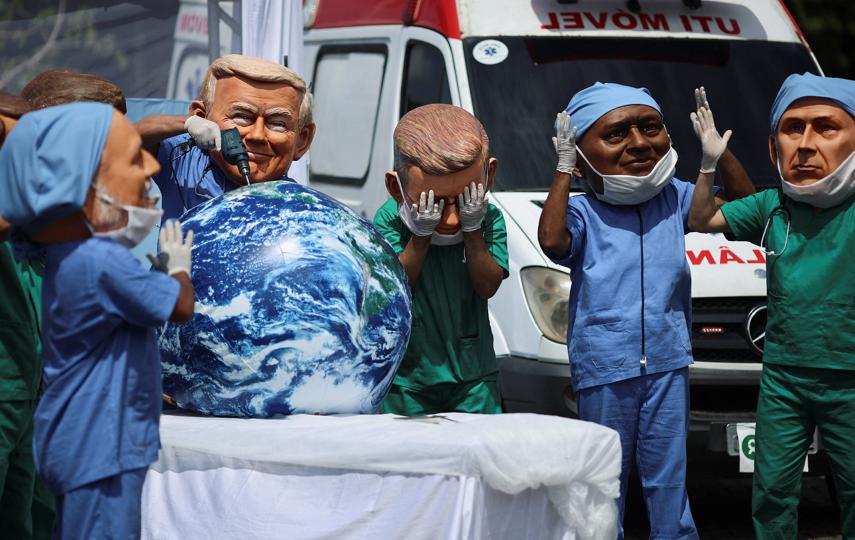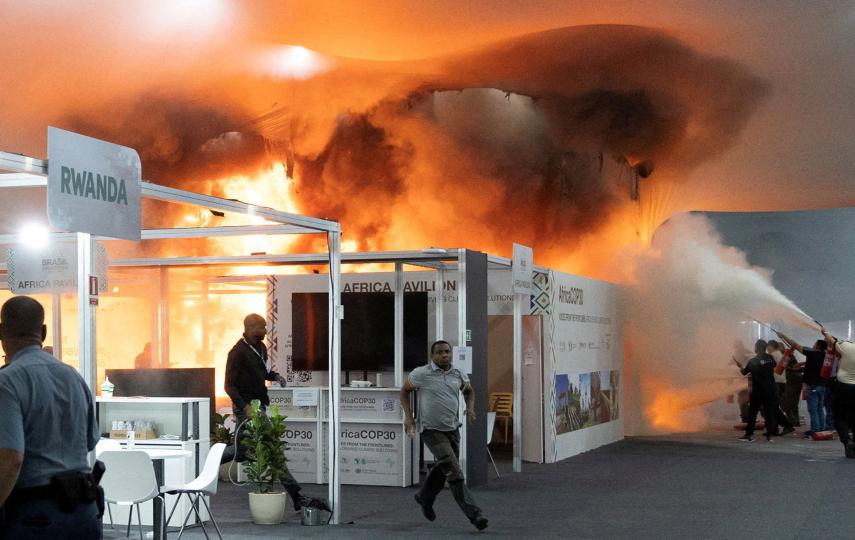The science is clear. It’s the deal, as ever, that’s complicated.
The Paris climate summit is one more chance, from an ever dwindling store, for the world to agree and implement the tough actions needed to keep global warming at below 2 degrees. Any higher, and we’re in serious peril.
Paris will not be a magic bullet, but can it at least be a turning point? Can there be agreement on the emissions cuts necessary to stop runaway global warming? Can the financing be put in place to help the majority of the world adapt, and find a sustainable development path?
This IRIN special feature explores these critical issues. It will be added to over the course of the summit, so keep checking back.
See the introductory page or go directly to one of the features:
Cut emissions and build resilience
Climate change is part of the planet’s natural cycle, and its citizens have always learned to cope. But the increased global temperatures recorded over the last century point to a future where, without common action, the globe may fall – irreparably – out of kilter.
How can Africa unlock climate funds?
Africa goes to the climate summit in Paris as the world’s smallest carbon emitter but the continent most vulnerable to climate change – and the one most in need of a fair deal that will unlock climate financing.
Is migration the elephant in the room?
The migration crisis that has preoccupied Europe for the last six months has highlighted how unprepared one of the richest continents in the world is to deal with what lies ahead as climate change steals away livelihoods, multiplies weather-related disasters and aggravates many of the socio-economic problems that drive conflict.




